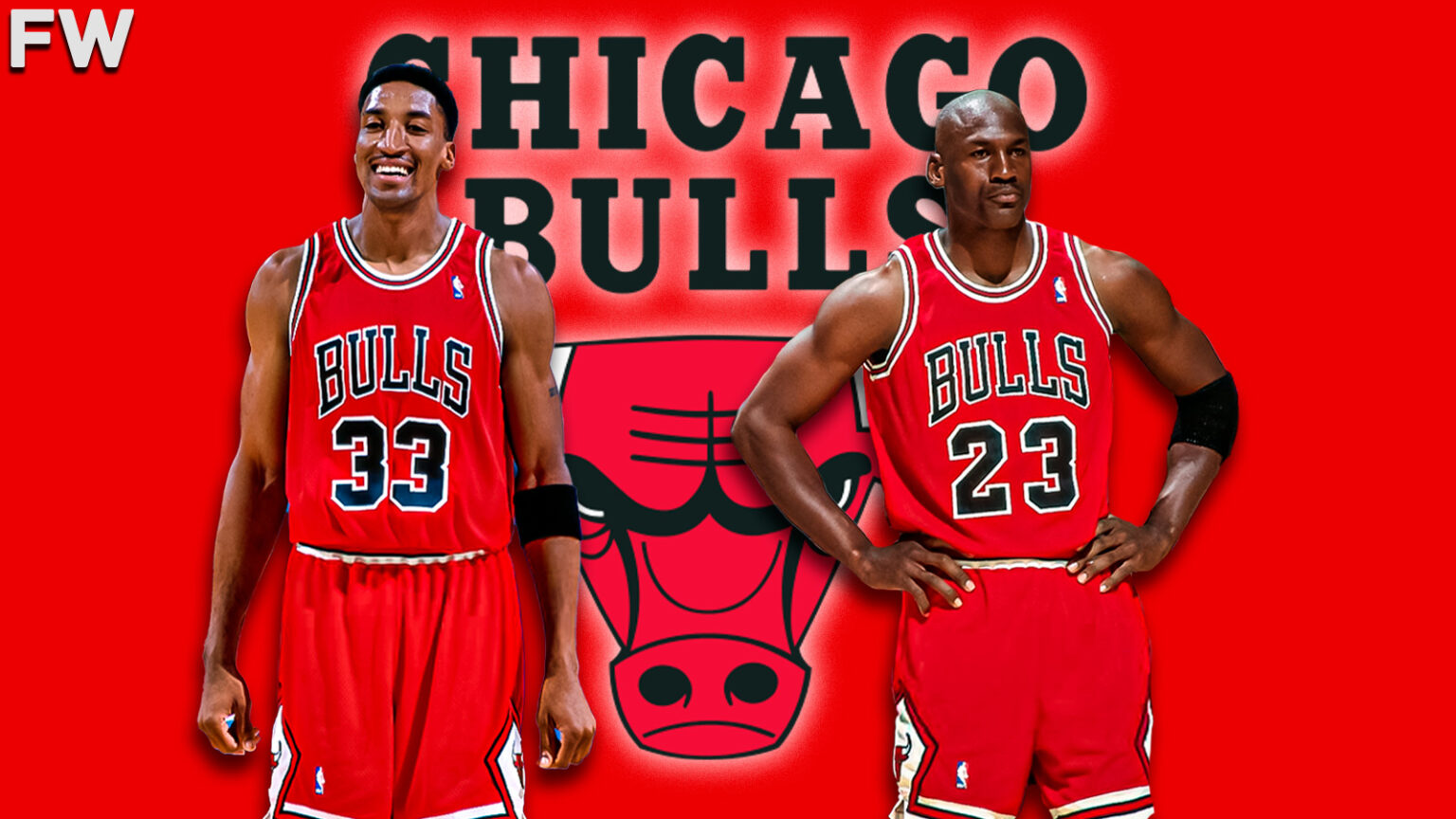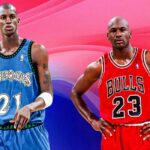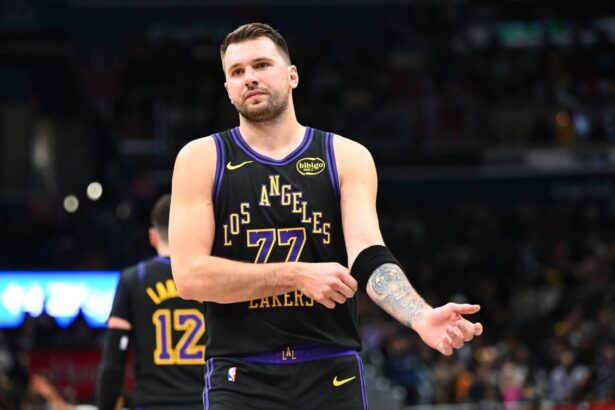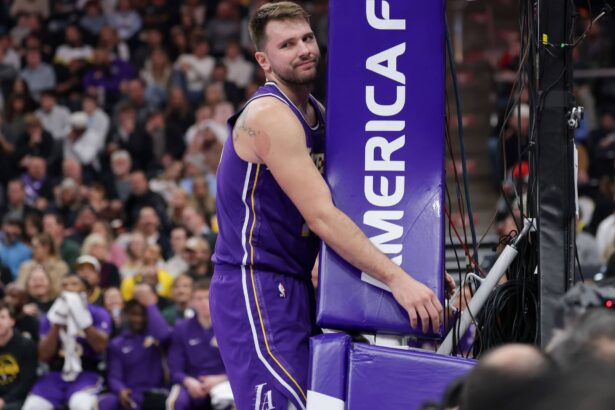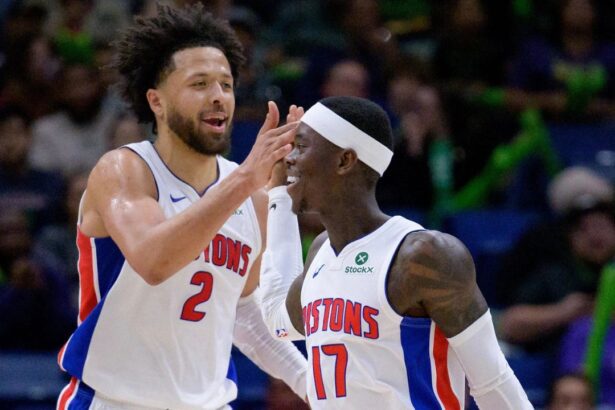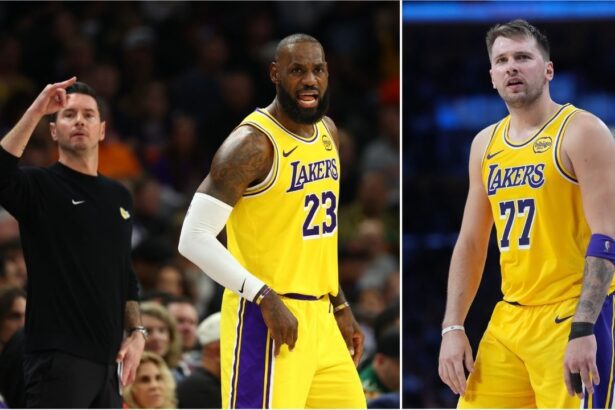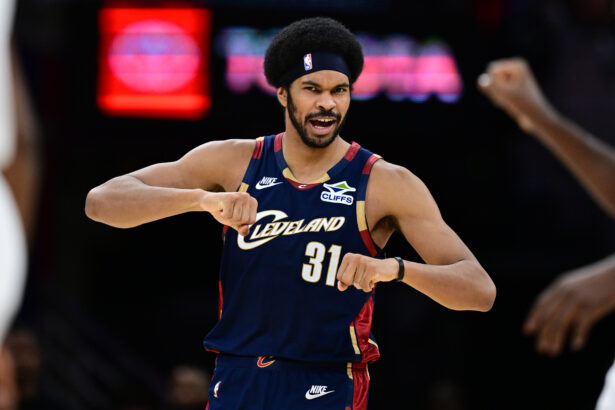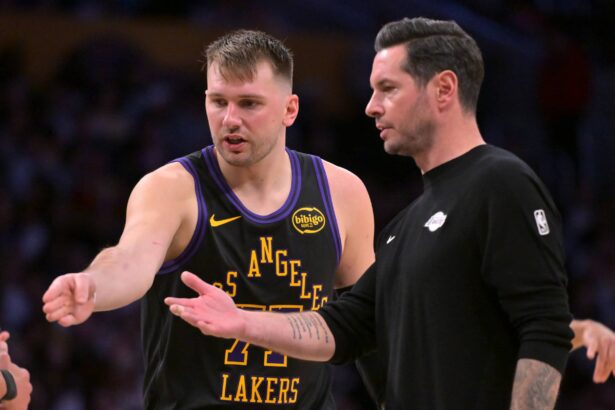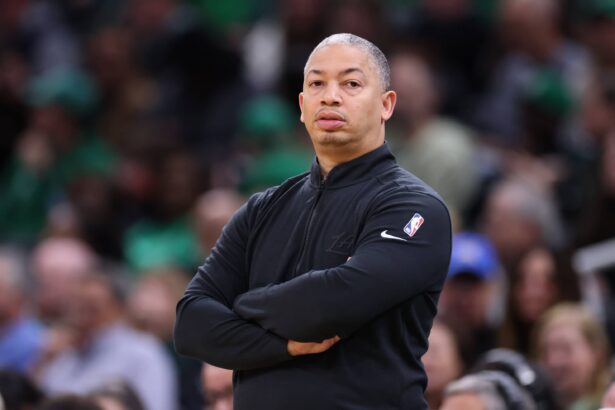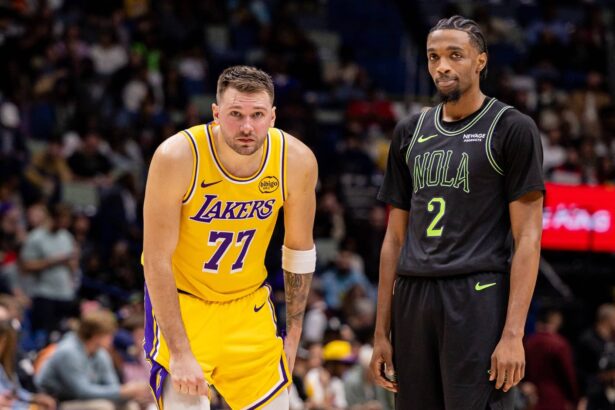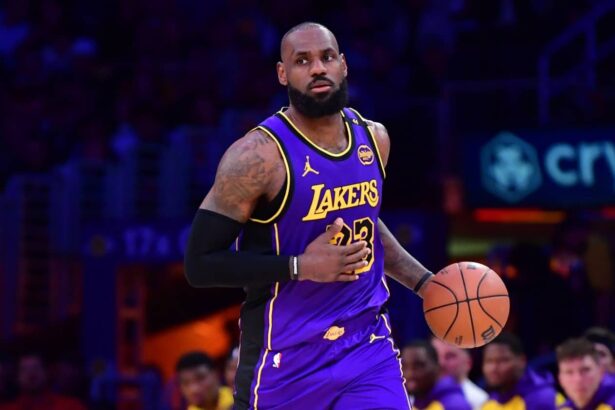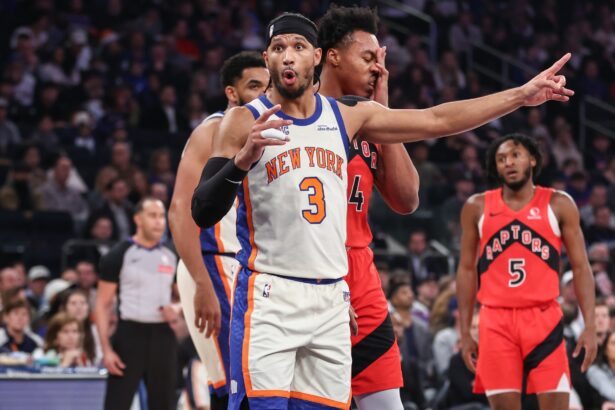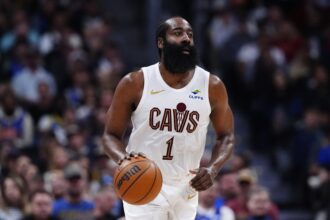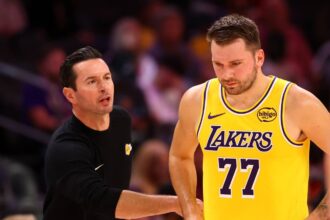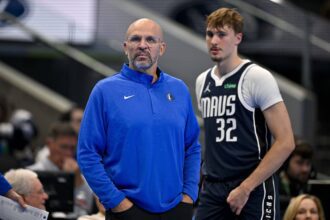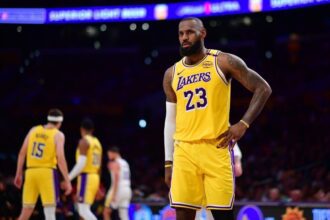- Pippen admitted he never had the clutch genes
- Pippen reflects on Jordan’s overwhelming presence in crunch moments
- But he admits that he was okay with it
In a candid admission on ESPN’s “The Jump”, NBA legend Scottie Pippen shockingly revealed that he believed he didn’t possess “clutch genes”, attributing this to playing alongside the ultimate clutch performer, Michael Jordan.
Pippen stated, “I played with a guy that took all the clutch genes out of me. I had the best clutch player ever. I’m all good with that.”
From #TheJump: The time when Scottie Pippen said "I'm not afraid to say it, I don't have a clutch gene," and T-Mac asked him about the 1.8 😂 pic.twitter.com/XKahDdCgru
— Rachel Nichols (@Rachel__Nichols) May 24, 2017
This revelation lays bare the dynamics of one of the most formidable duos in NBA history, offering insight into Pippen’s mentality as a player who was constantly under the colossal shadow of Michael Jordan.
Pippen confessed to being comfortable with not being the one to take the decisive shots during crucial moments in games, an unenviable role often reserved for Jordan, arguably the greatest player in the history of basketball.
Pippen’s comments may surprise many, considering his notable career, which spans over 17 seasons and includes six championships, a testimony to his remarkable skill and competitive spirit. Yet, his acknowledgment highlights the unparalleled trust and understanding that existed between him and Jordan, setting aside his ego, to allow the team to flourish.
Scottie Pippen Was The Greatest Sidekick
In the annals of basketball history, Scottie Pippen’s legacy stands as arguably the epitome of a perfect sidekick, a role that he embraced with grace, determination, and an unwavering commitment to team success. Alongside Michael Jordan, the duo forged an alliance that was virtually unbeatable, leading the Chicago Bulls to six NBA championships during the 90s.
Pippen, with his exceptional defensive skills, versatility on the court, and selfless playing style, complemented Jordan’s prowess seamlessly. He willingly accepted the role of the secondary scorer, providing the necessary support that allowed Jordan to shine at his brightest while also ensuring that the team’s defense remained robust and impenetrable. His understanding of space, timing, and his knack for making crucial plays, be it a defensive stop or a vital assist, underscored the Chicago Bulls’ dynasty era.
But labeling Pippen merely as a sidekick doesn’t quite encapsulate the full spectrum of his contributions. He was a leader in his own right, a force that could single-handedly alter the trajectory of a game, showcased vividly during the periods Jordan was absent. Pippen’s adaptability to various roles, coupled with his exceptional skills both in offense and defense, transcended the conventional boundaries of a “sidekick.”
He was more than just Jordan’s right-hand man; Pippen was a maestro orchestrating victories from the shadows, a silent guardian of the Bulls’ fortress, and indeed a figure deserving of the title “the greatest sidekick” in NBA history. This status does not undermine his individual brilliance but celebrates the harmony and unparalleled teamwork that graced the courts of the ’90s, marking an era of dominance grounded in mutual respect, trust, and a shared vision for victory.
Scottie Pippen Was Never A Superstar
Scottie Pippen, a name that is almost always followed by Michael Jordan in discussions about the golden era of the Chicago Bulls. Pippen indeed exhibited high basketball IQ, versatility, and defensive brilliance, but despite these attributes, he perennially lived in the shadow of the unparalleled giant that is Michael Jordan, never truly embodying the superstar status on his team.
There is no denying Pippen’s contributions to the Bulls’ six championship runs; his career averages of 16.1 points, 6.4 rebounds, and 5.2 assists per game illustrate his all-around abilities on the court. Yet, when we isolate the period during which Jordan retired for the first time (1993-1995), Pippen’s average escalated marginally to 21.7 points, 8.4 rebounds, and 5.4 assists per game, but crucially, he couldn’t lead the Bulls past the second round of the playoffs.
It’s worth noting that when he was given the mantle to be the superstar of the team, he infamously refused to re-enter a critical playoff game because the final shot was not designed for him, a move that arguably betrayed a lack of leadership fortitude.
Furthermore, his solo endeavors post the Jordan era, including his time with the Houston Rockets and the Portland Trail Blazers, saw a gradual dip in his individual statistics and influence on the court. This incline accentuates the narrative that Pippen, although incredibly skilled and vital to the Bulls’ machinery, was never the centrifugal force, the superstar who could single-handedly marshal his troops to victory.
His tenure without Jordan highlighted not a meteoric rise to superstardom but rather a ceiling that he couldn’t surpass, a lingering testimony to the immutable fact that Scottie Pippen, for all his skills and prowess, was never the standalone superstar of his team. He remained a brilliant player, yet not one who could carry a team’s hopes and dreams solely on his shoulders. His legacy, though adorned with accolades, falls just short of embodying the essence of a true NBA superstar.
We sincerely appreciate and respect you as a reader of our site. It would help us a lot if you follow us on Google News because of the latest update.
Thanks for following us. We really appreciate your support.

